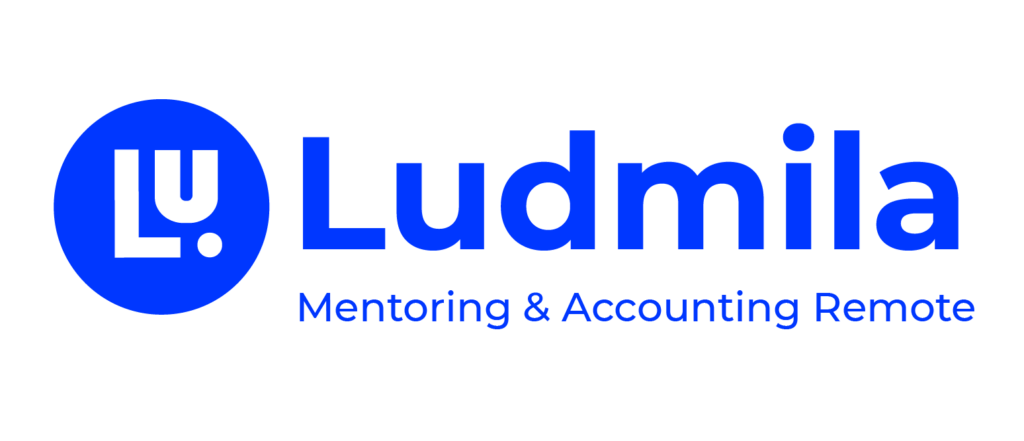About me
- Home
- about me
Ludmila Rebola
I advocate conscious entrepreneurship and fiscal efficiency
Accountant consultant resident in Seixal (Portugal) with more than 15 years of experience, I am specialized in remote work and digital entrepreneurship. I am one of the main references of remote and independent workers in Portugal, with more than a hundred customers understand.
Beginning of my career in accounting exclusively dedicated to the self-employed.
Acquisition of skills in the area of accounting in an executive context
Exclusive accounting in companies
Executive CFO Assistant - Tech HQ
geral@ludmilarebola.com
FAQs
frequently asked questions
We set up a consulting session, you can do it here, we assess the situation. We'll open up activity with IT, we'll choose the most appropriate regime, and then with my follow-up, you can learn to do your duties alone or delegate to my team.
It depends. These are your conditions:
If you are in the Article 53 exemption regime, you will not have to charge VAT.
If you are in the VAT regime and if your final customer is a VAT taxable person, you do not charge either.
However, if you are a private individual, you must pay VAT at the current rate.
To apply for and enjoy this status for 10 years at a rate of 20% you must:
Be resident in Portugal
Have NIF and password
Develop an activity with high added value.
If you need help with this request, talk to me.
First of all you will need a trusted certified accountant. It is mandatory by law.
Organized accounting is generally suitable for larger activities with more costs, as well as if you have expenses greater than 25% of your income, it is more compensatory.
Expenses are all considered as costs (expenses related to vehicles, fuel, travel, depreciation and amortization, travel, stays, fines and fines, expenses for the residence of the activity, bank loans, accounting, personnel expenses, supplies and external services, among others ).
In the end, summarizing, profit is determined through the value of sales minus expenses.


